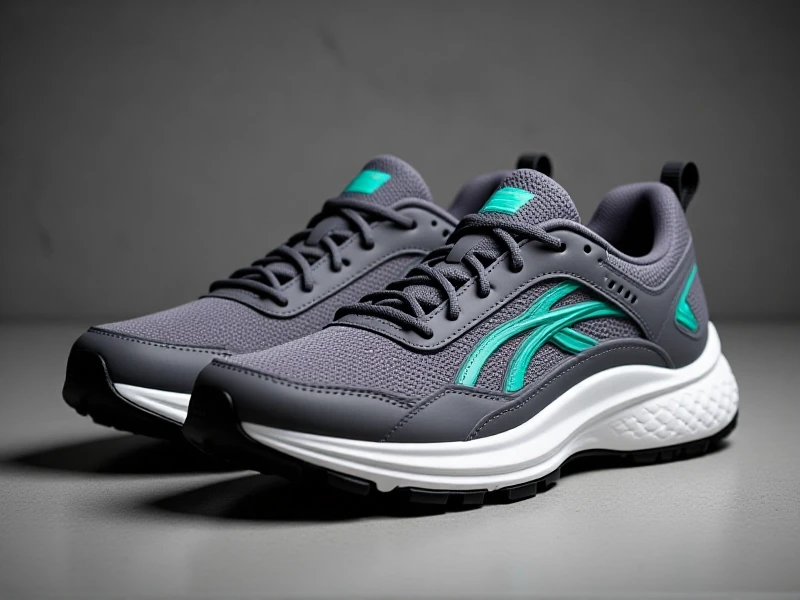
How to Choose the Perfect Running Shoes for Your Next Run
As a passionate runner for over a decade, I've learned that the right running shoes can transform your workouts—boosting performance, preventing injuries, and making every mile feel effortless. Whether you're a beginner hitting the pavement for the first time or a seasoned marathoner chasing personal bests, investing in high-quality running shoes is non-negotiable. In this guide, I'll break down everything you need to know to find your ideal pair and elevate your running game.
First, let's talk about why proper running shoes matter. Our feet absorb massive impact during each step—up to three times your body weight! Without adequate cushioning and support, you risk common issues like shin splints, plantar fasciitis, or blisters. I've seen countless runners sidelined by avoidable injuries simply because they skimped on good footwear. When shopping for running shoes, start by analyzing your foot type. Are you a neutral pronator, overpronator, or underpronator? This affects the shoe's stability features. For instance, overpronators benefit from structured shoes with arch support to correct inward rolling, while neutral runners might prefer lighter models for flexibility. Always try out a few pairs in-store or consult online fit tools from brands like Nike, Adidas, or Brooks to match your biomechanics.
Next, consider the key features that define top-notch running shoes. Cushioning is critical for comfort during long runs—I love shoes with responsive foam that absorbs shock without feeling bulky. Brands like ASICS and Hoka One-One excel here with their gel or innovative midsole technologies. Weight is another factor; ultra-light options, such as those from Saucony or New Balance, are perfect for speedwork or trail running where agility is key. Also, look at durability: the outsole's rubber quality impacts longevity, especially if you log high mileage like I do. Aim for replacements every 300-500 miles to ensure peak condition. And don't forget about breathability! Mesh uppers keep feet cool and dry, preventing sweat buildup that leads to discomfort or blisters.
Incorporating running shoes into your routine should also align with your goals. If you're training for races, rotate between a cushioned long-run shoe and a faster, minimalist pair to build strength. For daily joggers, a versatile all-rounder works wonders. Prices vary, but I always tell friends to budget around $100-$150 for reliable, high-performance options—it's a small price for injury-free progress. Share your experiences in the comments below, and happy running!